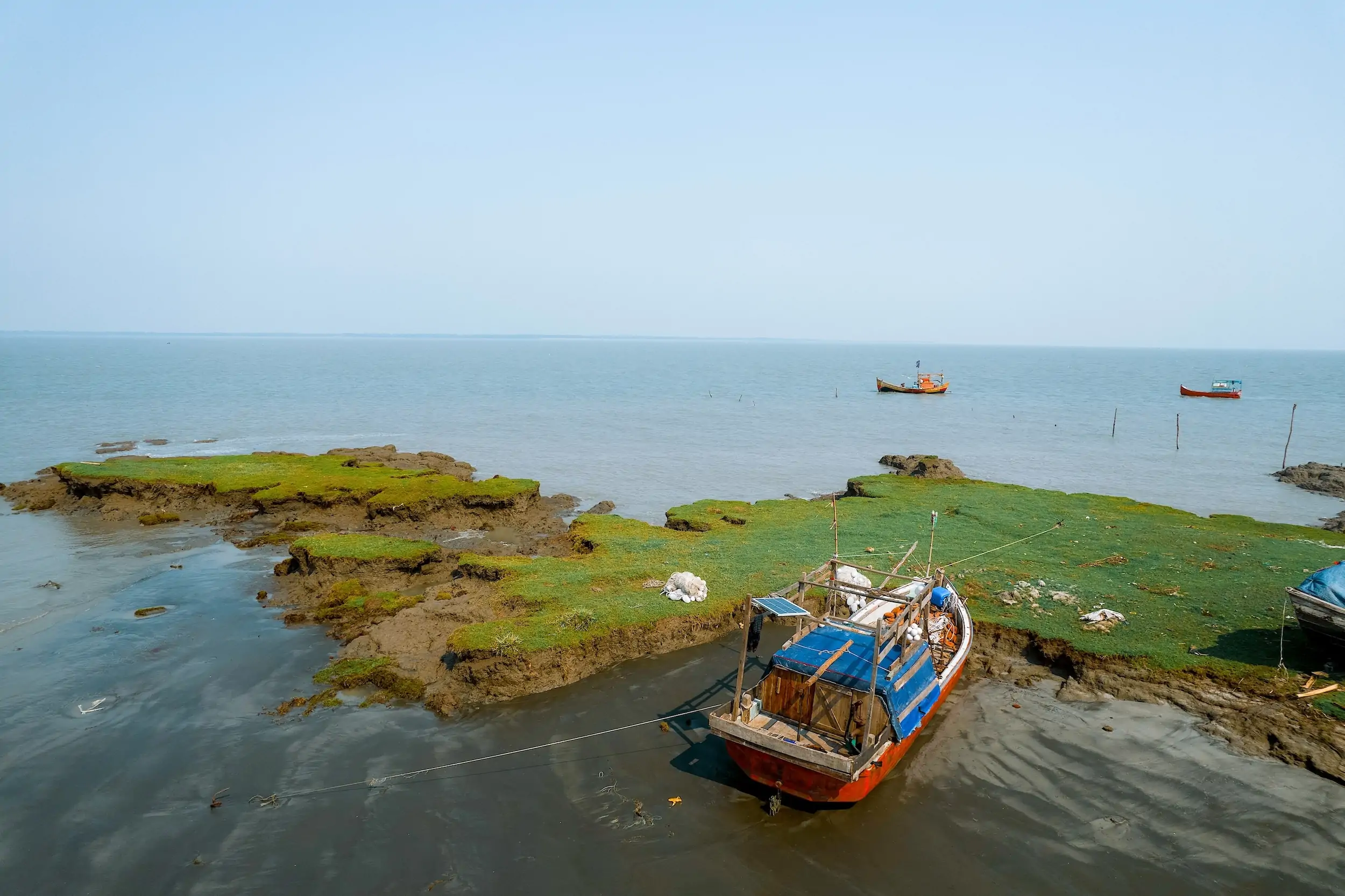The COVID-19 pandemic exposed an often-overlooked reality: States are embedded in a highly unequal global financial architecture. This inequality radically constrains the relative fiscal and policy space of low- and middle-income countries (LMICs) to respond to crises like climate change and pandemics, especially as compared to their wealthier country counterparts. Among the key reasons for this is states’ variable position in the global currency hierarchy – with rich economies holding a monopoly on freely tradeable international currencies. These dynamics have existed for decades, constraining fiscal space and perpetuating the indebtedness of LMICs.
We contend that these structural challenges must be addressed head-on in order to meet global challenges, such as averting the worst impacts of climate change and resolving a worsening LMICs’ debt crisis. While not a silver bullet, Special Drawing Rights (SDRs), an international reserve asset issued by the IMF, have the potential to act as a buffer against some of the worst impacts of the current grossly unequal international financial architecture (IFA). However, key reforms to the SDRs system are necessary in order to fulfill that potential.
We call for:
- Immediate relief through a new SDR allocation
- Simplifying and reducing costs of using SDRs
- Regular and more equitable future SDR allocations
Author: Lara Merling (independent consultant), Jon Sward (Bretton Woods Project), and Niranjali Amerasinghe (ActionAid USA)
Acknowledgements: Bhumika Muchhala (Third World Network), Didier Jacobs (Oxfam), Emma Burgisser (Christian Aid), Michael Galant (Center for Economic and Policy Research), and Patricia Miranda (Latindadd)
Editor: Arianna Kandell
Design and layout: Jenna Farineau
Number of pages: 15

